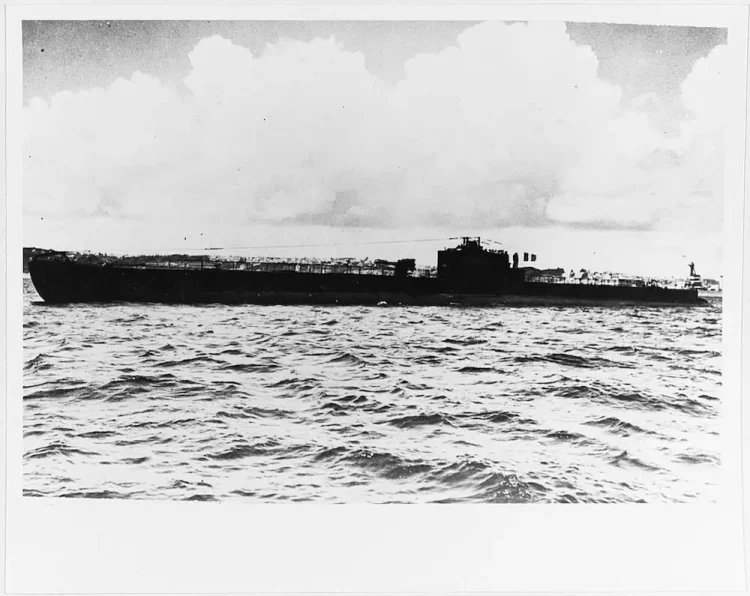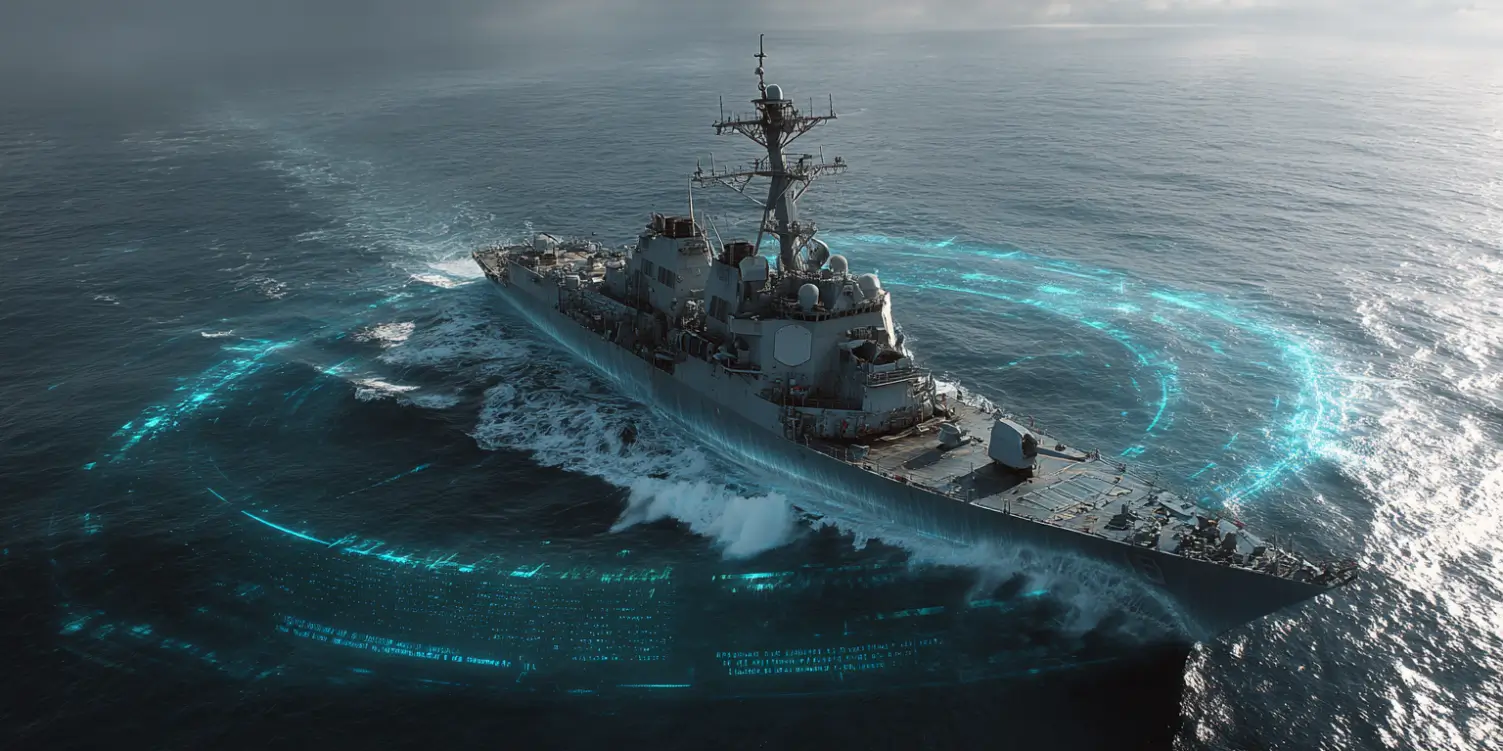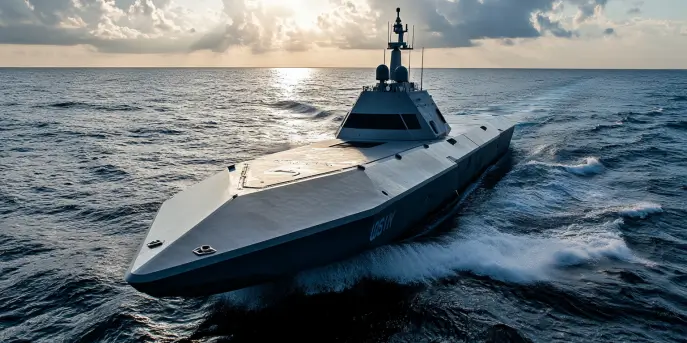Introduction
France, known for its rich history and culture, is also home to one of the most advanced scientific research vessels in the world – the Henri Poincare. This state-of-the-art vessel is not only a source of pride for France but also an invaluable asset for exploring and studying the world’s oceans. In this article, we will explore the fascinating features and capabilities of this remarkable research vessel.
History
The Henri Poincare was commissioned in 2012 by the French government with the primary goal of advancing marine research and exploration. Named after the renowned French mathematician and physicist, Henri Poincare, the vessel serves as a testament to the importance of scientific discovery and exploration.
Features and Capabilities
The Henri Poincare is equipped with state-of-the-art technology and facilities that enable scientists to conduct a wide range of research activities. Let’s explore some of its key features:
- Laboratories: The vessel has multiple onboard laboratories that are fully equipped with cutting-edge scientific equipment. These laboratories allow researchers to analyze samples, conduct experiments, and study various aspects of marine life and oceanography.
- Navigational Systems: The vessel is fitted with advanced navigational systems that enable precise positioning and navigation, even in the most challenging conditions. This ensures the safety of the crew and allows for efficient and accurate data collection.
- Remote Operated Vehicles (ROVs): The Henri Poincare is equipped with ROVs that can be deployed to explore the depths of the ocean. These remotely operated vehicles are equipped with cameras, sensors, and sampling tools, allowing scientists to study underwater ecosystems and collect samples without the need for direct human intervention.
- Seismic Research: The vessel is equipped with specialized equipment for conducting seismic research. This enables scientists to study the Earth’s crust and better understand processes such as plate tectonics and earthquakes.
- Communication Systems: The vessel is equipped with advanced communication systems that allow scientists onboard to stay connected with research institutions and colleagues around the world. This facilitates real-time data sharing and collaboration, enhancing the efficiency and impact of research activities.
Research Expeditions
The Henri Poincare has undertaken numerous scientific expeditions since its commissioning. These expeditions have covered a wide range of research areas, including marine biology, oceanography, climate change, and geology. The vessel has played a crucial role in advancing scientific knowledge and contributing to the conservation and sustainable management of marine ecosystems.
Notable Achievements
Over the years, the Henri Poincare has made several notable achievements, cementing its position as a leading research vessel. Some of these achievements include:
- Discovery of new species: The vessel has contributed to the discovery of new species of marine organisms, expanding our understanding of marine biodiversity.
- Mapping of underwater geological structures: The Henri Poincare has played a significant role in mapping underwater geological structures, shedding light on Earth’s history and contributing to the study of plate tectonics.
- Climate change research: The vessel has been involved in several research projects focused on understanding the impacts of climate change on marine ecosystems. This research is crucial for developing effective conservation strategies.
Conclusion
The Henri Poincare is a testament to France’s commitment to scientific research and exploration. With its advanced technology, state-of-the-art laboratories, and dedicated crew, the vessel continues to make significant contributions to marine science. As we continue to explore the mysteries of the ocean, the Henri Poincare will remain at the forefront of scientific discovery, striving to unlock the secrets of the deep sea and help us better understand and protect our planet’s most precious resource – the ocean.









